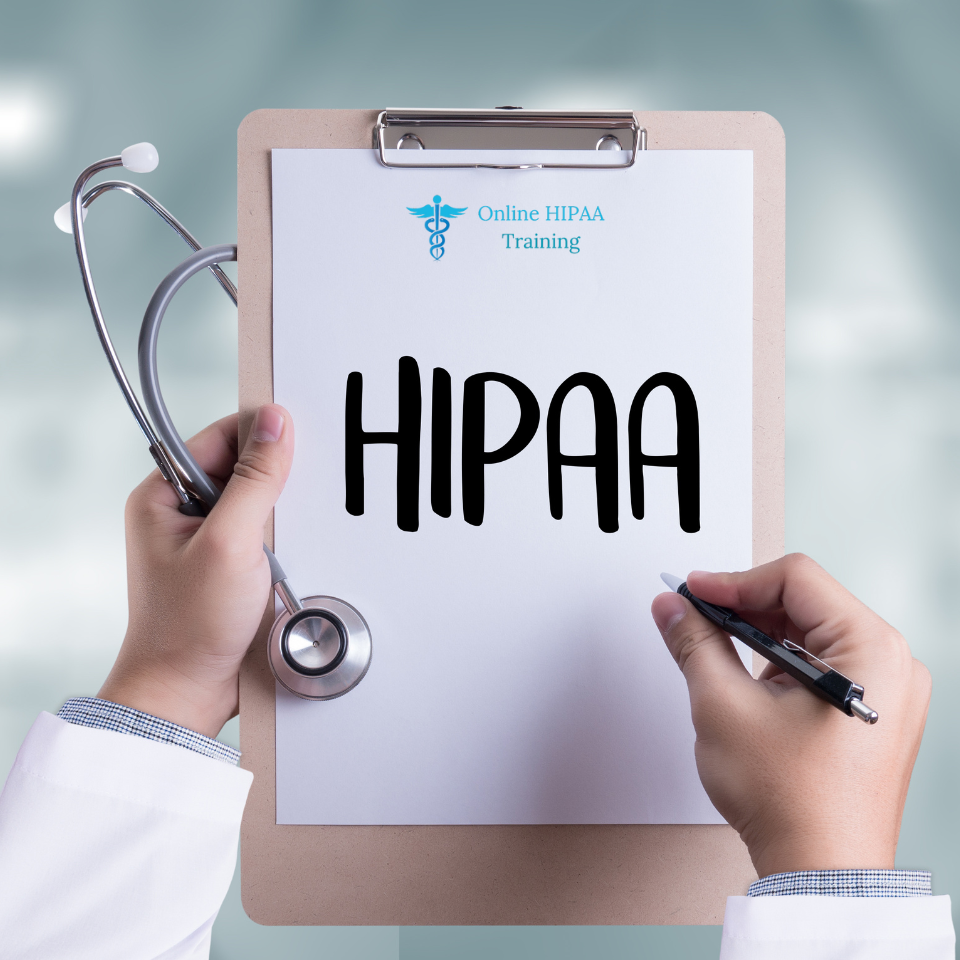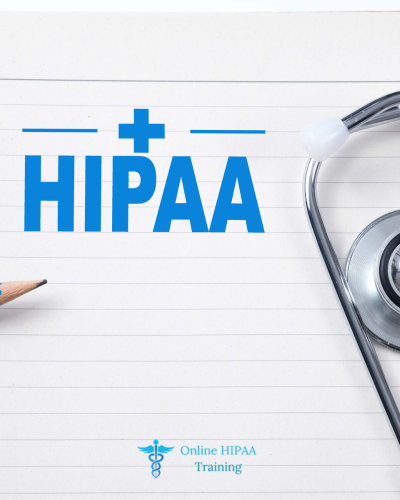HIPAA PRIVACY AND SECURITY COMPLIANCE TRAINING
What is HIPAA Privacy and Security Compliance Training?
HIPAA Privacy and Security Compliance Training is an educational program designed to help healthcare organizations, their employees, and business associates understand and comply with the requirements of the Health Insurance Portability and Accountability Act (HIPAA). HIPAA is a federal law in the United States that establishes standards for protecting sensitive patient health information, known as Protected Health Information (PHI). The training ensures that individuals handling PHI are aware of their responsibilities and know how to safeguard patient data effectively.

Key Components of HIPAA Privacy and Security Compliance Training

HIPAA Privacy Rule Training
Focuses on the proper use and disclosure of PHI. Explains patients' rights, including their right to access, amend, and receive an accounting of disclosures of their health information. Covers the minimum necessary standard, which limits the use and disclosure of PHI to the minimum amount necessary to accomplish the intended purpose.
Breach Notification Rule Training
- Explains the steps to take in the event of a data breach.
- Covers the timelines and procedures for notifying affected individuals, the Department of Health and Human Services (HHS), and, in some cases, the media.
- Highlights the importance of having an incident response plan in place.
HIPAA Security Rule Training
Emphasizes the protection of electronic PHI (ePHI) through administrative, physical, and technical safeguards. Teaches how to implement security measures to prevent unauthorized access, breaches, and cyber threats. Includes guidance on risk assessments, password management, encryption, and secure communication practices.
Workplace Policies and Procedures
- Provides an overview of the organization’s HIPAA-compliant policies and procedures.
- Ensures employees understand how to handle PHI in their daily tasks, such as filing, sharing, and disposing of sensitive information.
- Reinforces the importance of reporting potential violations or security incidents.
HIPAA training is mandatory for:
Who Needs HIPAA Privacy and Security Compliance Training?
Covered Entities: Healthcare providers (e.g., doctors, nurses, clinics, hospitals), health plans (e.g., insurance companies, HMOs), and healthcare clearinghouses.
Business Associates: Third-party vendors, contractors, and service providers who handle PHI on behalf of covered entities (e.g., IT providers, billing companies, cloud storage providers).
Employees and Staff: Anyone who has access to PHI, including administrative staff, technicians, and volunteers.
Our Amazing Clients






Benefits of HIPAA Privacy and Security Compliance Training

Reduces Risk of Data Breaches
Educated employees are better equipped to identify and prevent security threats, such as phishing attacks or unauthorized access.

Ensures Legal Compliance
Training helps organizations avoid costly fines, penalties, and legal actions resulting from non-compliance.

Builds Patient Trust
Demonstrating a commitment to protecting patient information fosters trust and confidence in your organization.

Prepares for Audits and Inspections
Proper training ensures your organization is ready for HIPAA audits and can demonstrate compliance with regulatory requirements.

Protect Your Practice, Empower Your Team! 🛡️
Enroll in Our HIPAA Privacy & Security Training Today and Ensure Compliance While Safeguarding Patient Trust.

Frequently Asked Questions
Employees: Training focuses on internal policies, handling PHI, and day-to-day compliance within the organization.
Business Associates: Training emphasizes their specific role in safeguarding PHI, understanding their contractual obligations, and ensuring compliance with HIPAA regulations.
Yes, many training providers offer customizable HIPAA training programs tailored to the size and specific needs of small practices. This ensures the training is relevant and practical for your team.
HIPAA training educates employees on:
Identifying phishing attempts and other cyber threats.
Properly handling and storing PHI.
Reporting potential security incidents promptly.
Implementing strong passwords and encryption practices.
Yes, some training programs offer role-specific modules, such as:
Basic training for front-line staff.
Advanced training for IT and security teams.
Specialized training for managers and compliance officers.
Modern HIPAA training programs include updates on:
Ransomware attacks and how to prevent them.
Social engineering tactics used by hackers.
Best practices for securing mobile devices and remote work environments.
